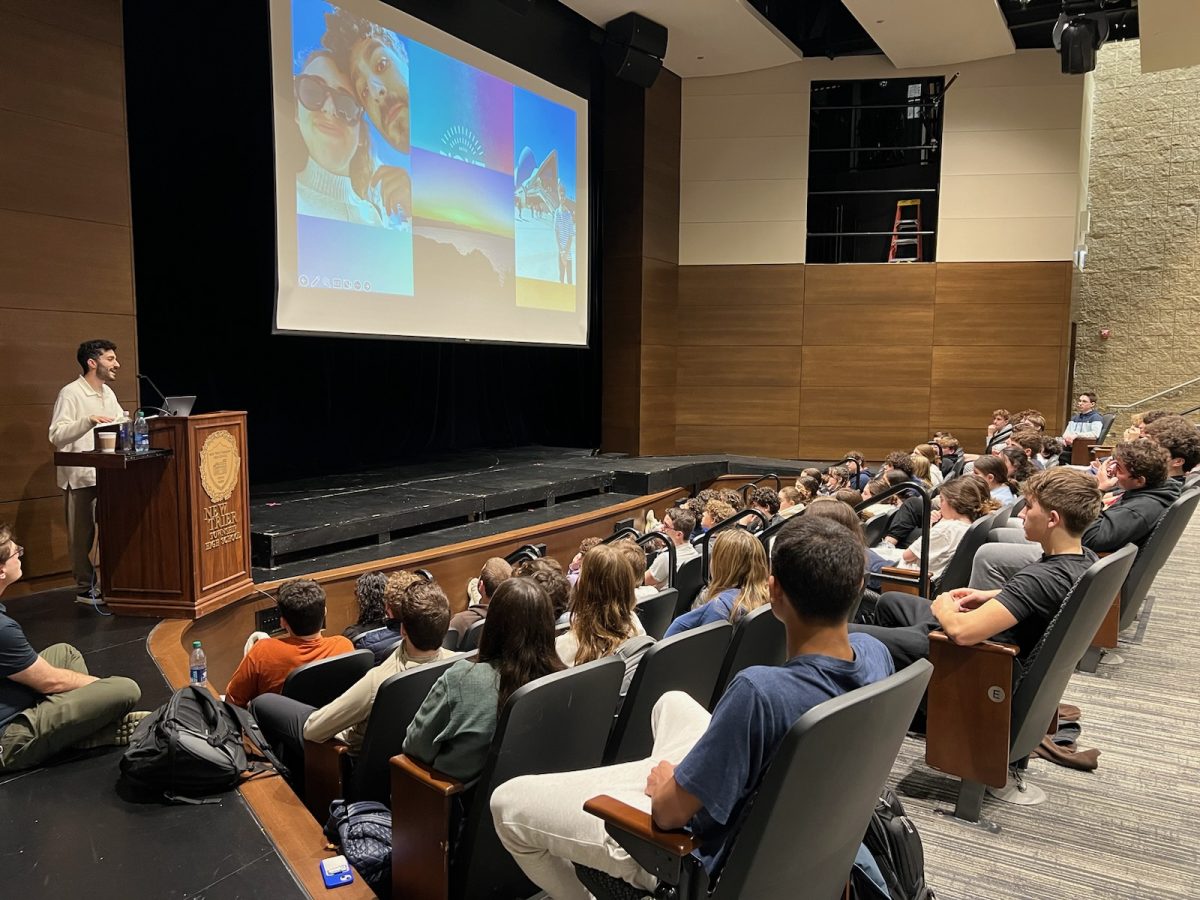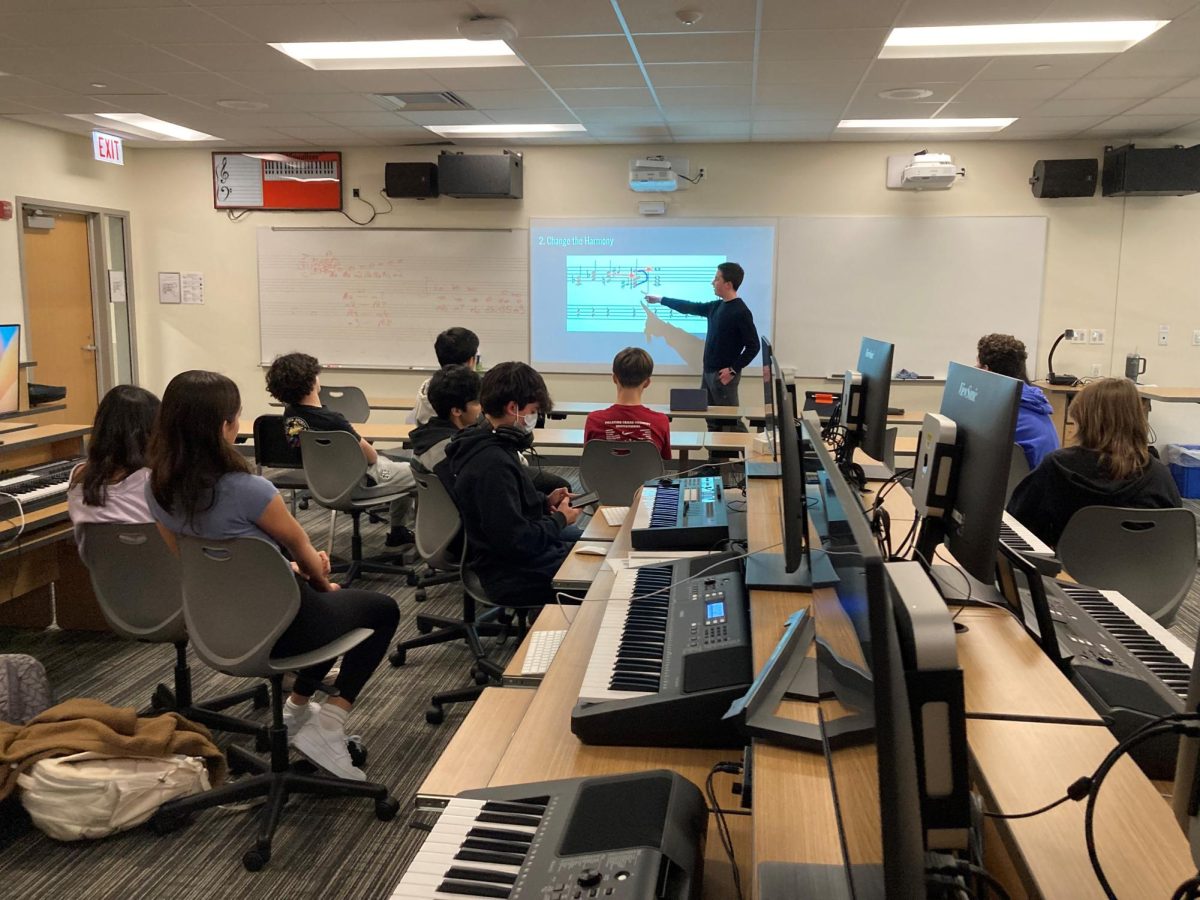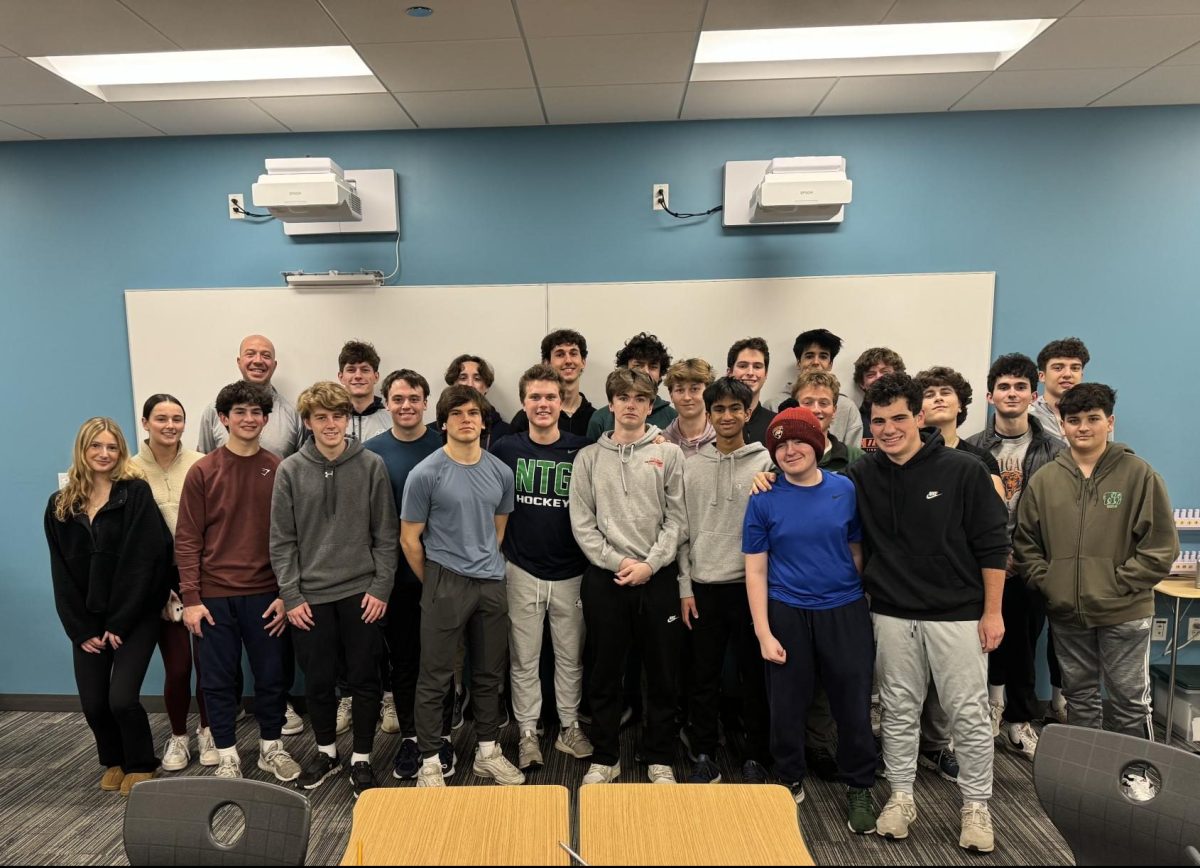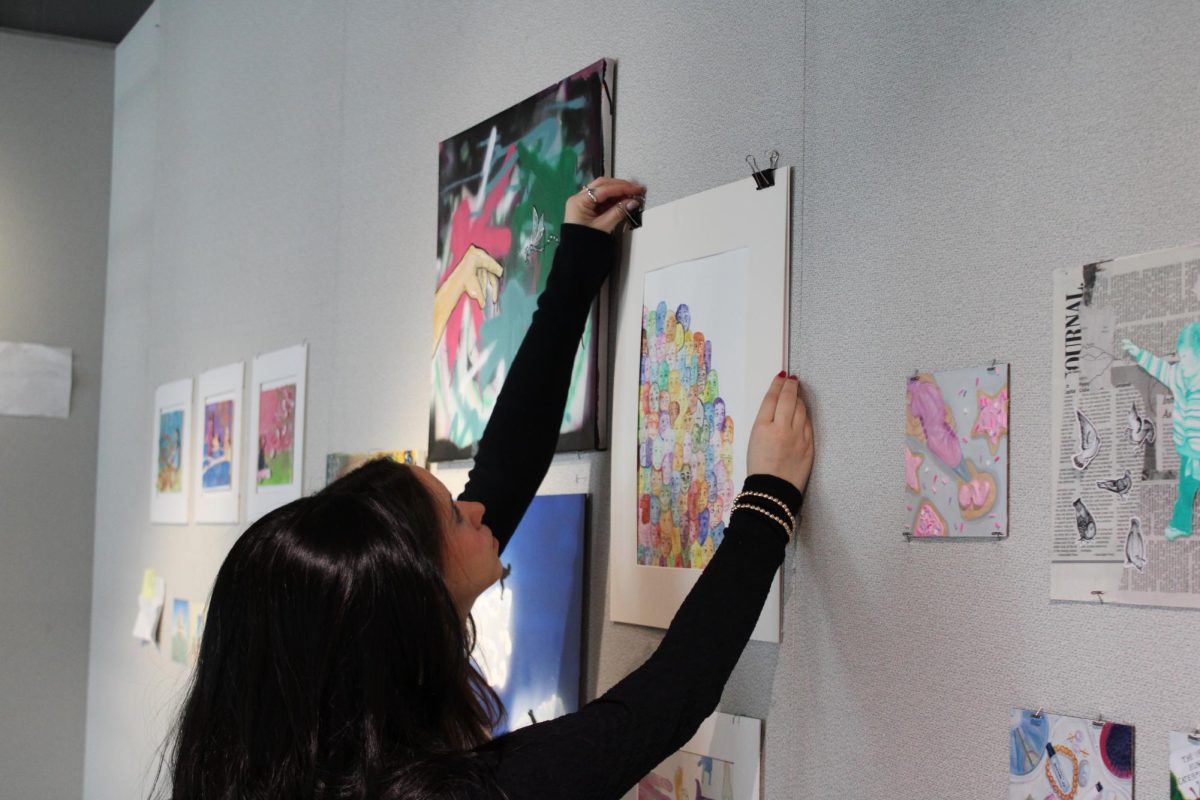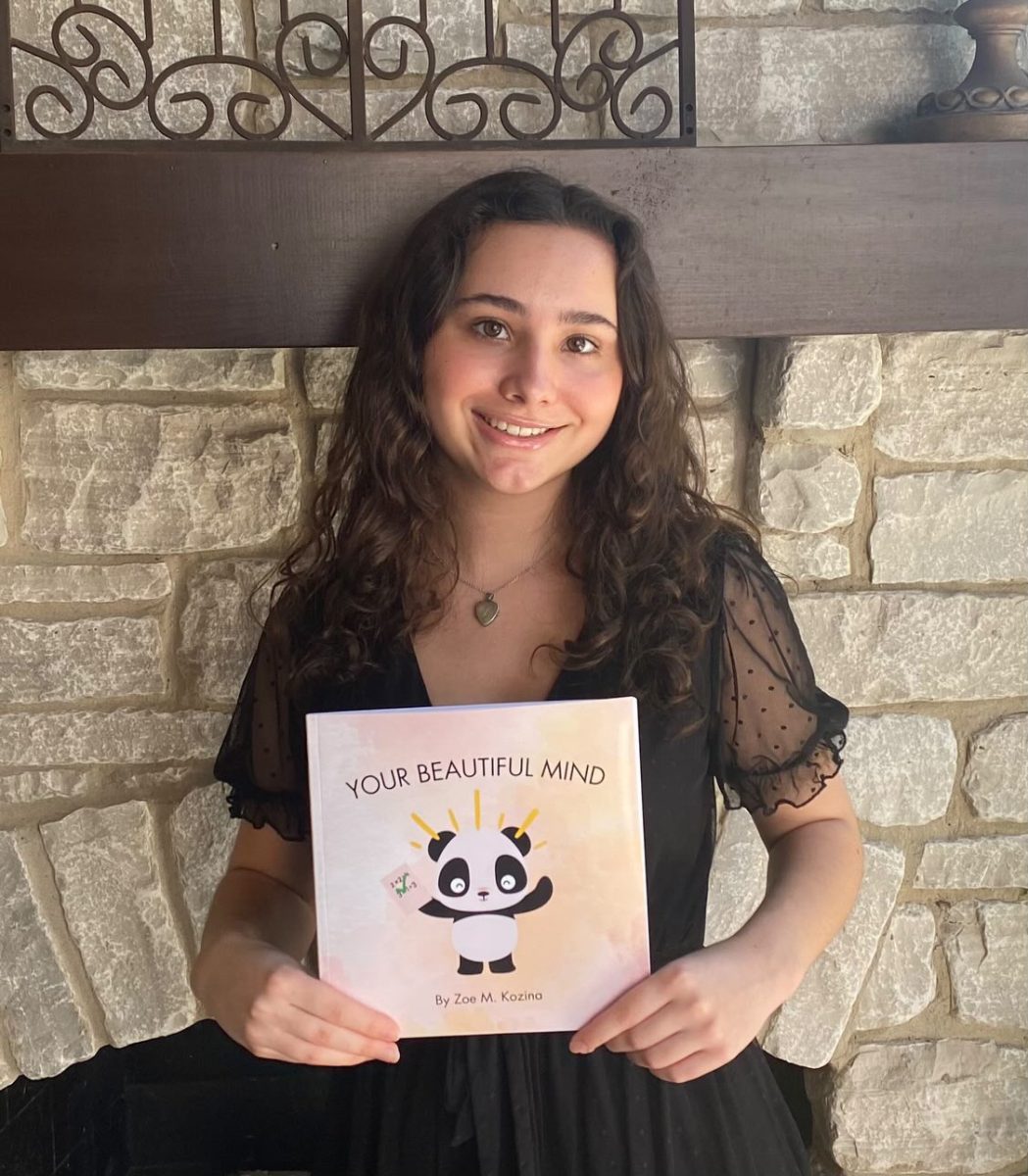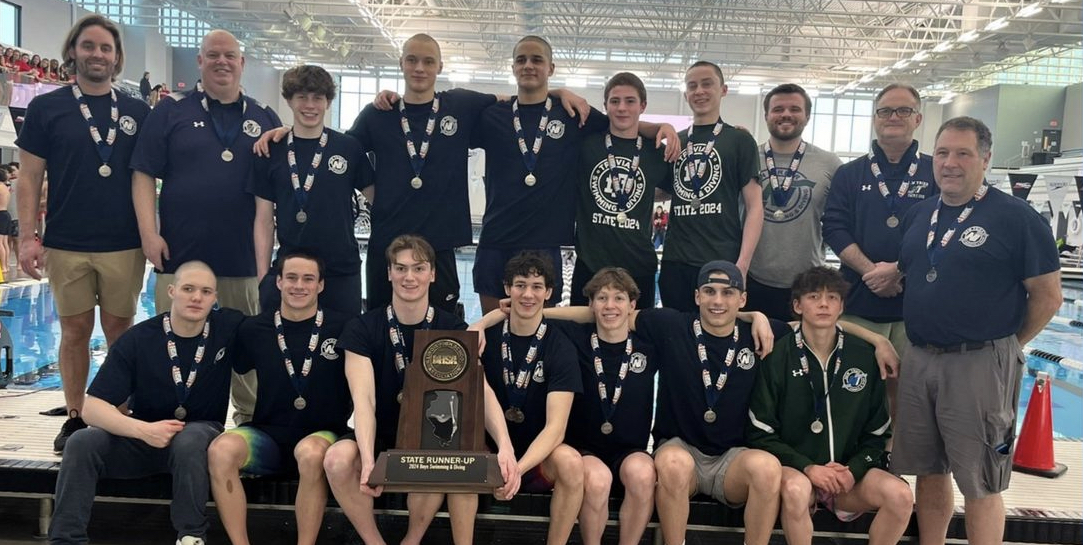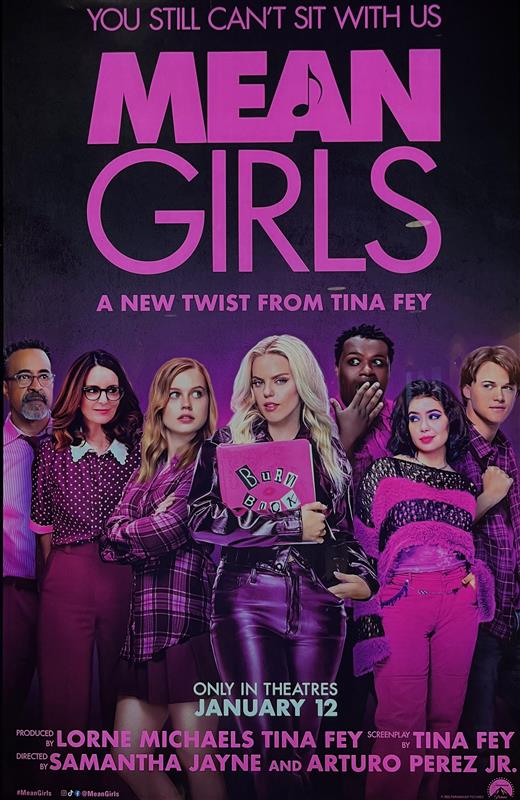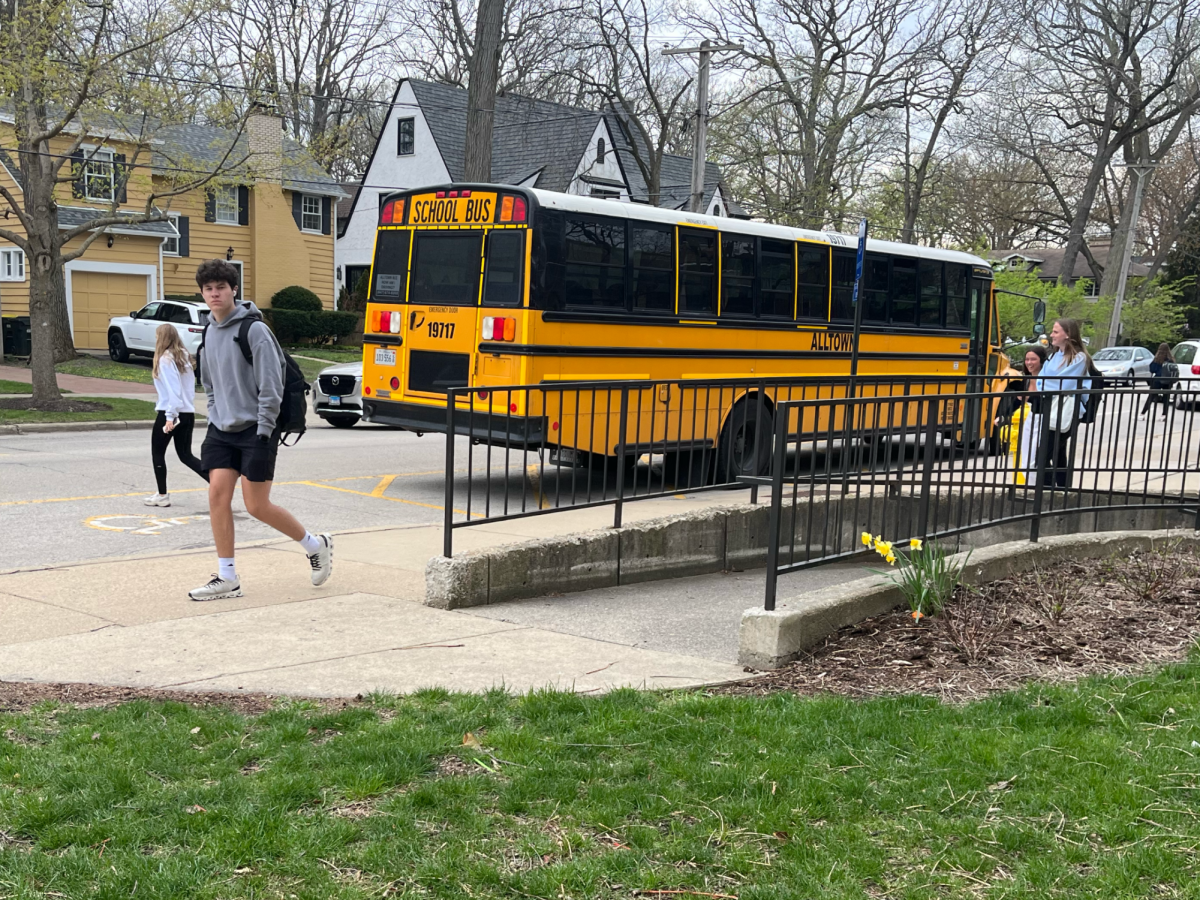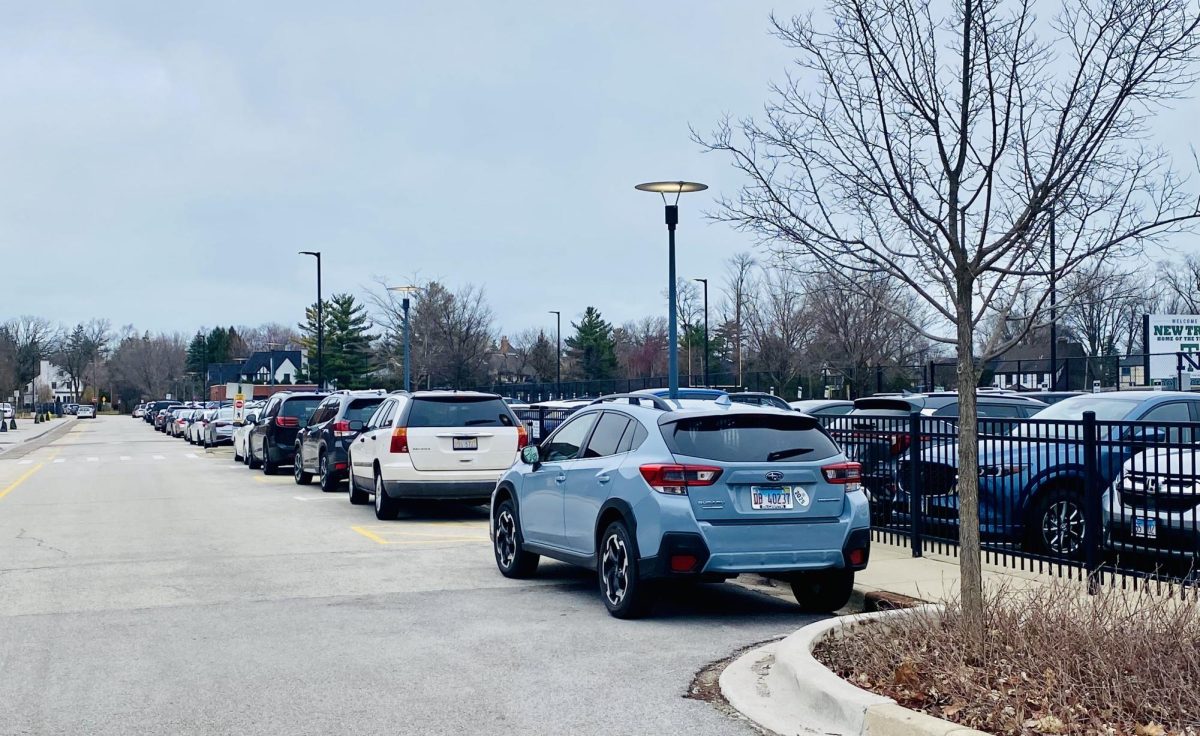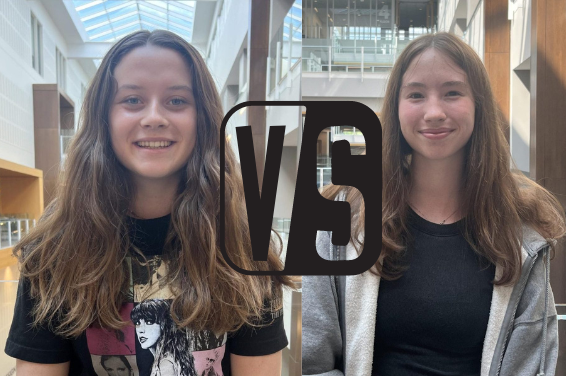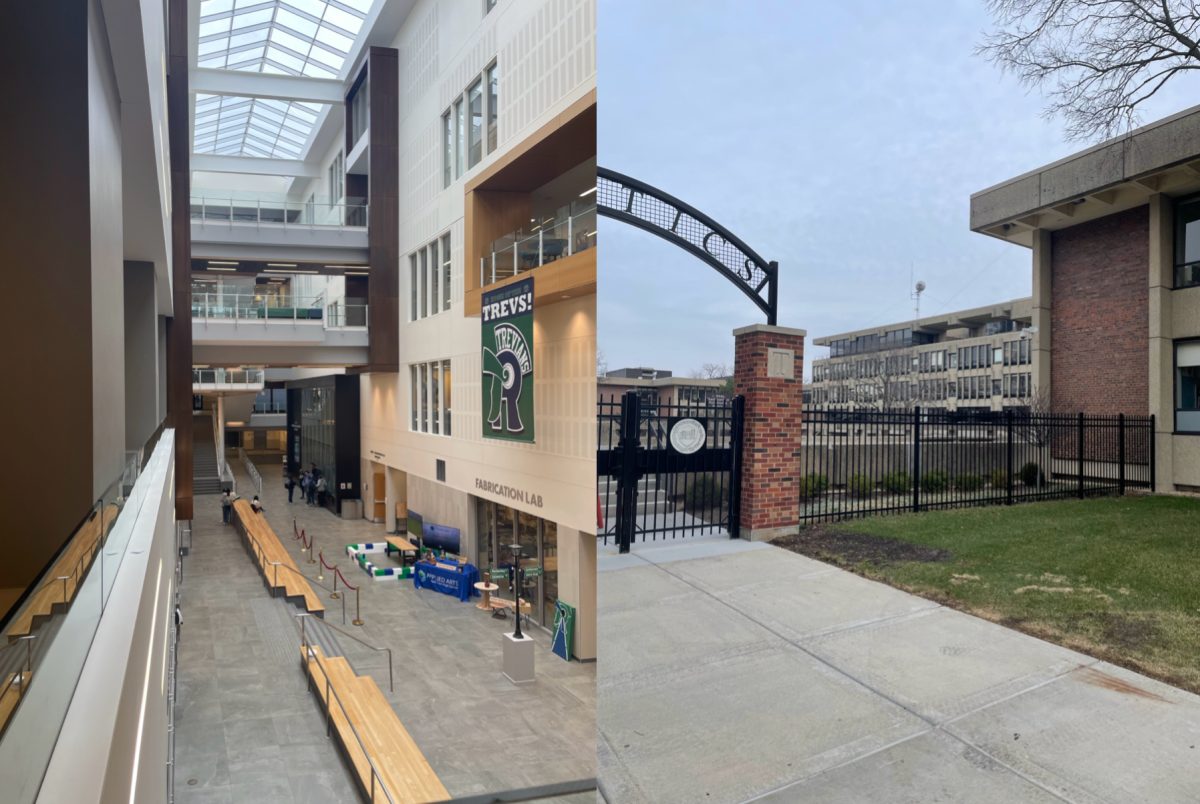On February 4, 1999, Amadou Diallo, an unarmed, 23-year-old black immigrant from Guinea, was shot and killed by four New York City Police Department (NYPD) plain-clothed cops. After being mistaken for a serial rapist, Diallo ignored orders to stop and “show his hands,” instead reaching into his jacket to grab his wallet. The four officers then shot 41 bullets, 19 of which hit Diallo, killing him.
The incident caused thousands of protesters to demonstrate almost daily for the next two months, including protesters behind police barricades on the plaza of NYPD headquarters carrying signs reading “I’m Afraid of the NYPD.”
On January 1, 2009, Oscar Grant, an unarmed, 22-year-old black man living in Hayward, California, was shot and killed by Johannes Mehserle, a white Bay Area Rapid Transit (BART) Officer in the Fruitvale BART Station in Oakland, California after allegedly resisting arrest following being taken off of a train for suspicion of involvement in an altercation on the train.
Around 500 protesters responded eight days later by gathering at the Fruitvale Station, some with signs claiming, “Your idea of justice?” and “Jail Killer Cops.” A portion of the group then continued to march through downtown San Francisco.
On Aug. 9, 2014, Michael Brown, an unarmed, black, 18-year-old, was shot at least six times by Darren Wilson, a white police officer in Ferguson, Missouri, after a roadside confrontation escalated.
Almost immediately following the killing, thousands of protesters crowded the town, leading to fiery protests that only intensified with the grand jury’s Nov. 24 decision to not indict Wilson. The movement has now spread to other cities, notably picking up in Chicago and Berkeley, California, among others.
Protest is necessary after events such as these. Conventional thinking is that it does in fact take large-scale, visible displays of dissent to prove a point. But is the point being proved? Did the thousands of marchers in Manhattan in the months following Diallo’s death lead to any type of progress? Did the march in San Francisco after Grant’s death lead to a change in law enforcement tactics? What type of advancements will come out of Michael Brown’s death?
The bottom line is that protesting cannot, and will not, the solution effective as long as the type of institutionalized racism that runs rampant within certain police departments continues to exist.
Just this past month, President Obama announced an initiative to better monitor police behavior by spending $75 million to help purchase 50,000 body cameras for police officers around the country. But proposals from the top seem to be misaligned with the agendas of those at the bottom.
Moreover, if cops continue to exhibit such widespread racism/arrogance in performing a job that is supposed to be centered around protecting citizens, any efforts towards reducing prejudiced killings will be undermined.
And so we end up here. In the same place before Diallo was killed. In the same place before Oscar Grant was killed. In the same place before Sean Bell, Trayvon Martin, Michael Brown, John Crawford, Eric Garner, Tamir Rice, and countless other black males were killed.
So where do we begin? If we’ve had trouble treating all citizens equally since the establishment of this country, one suggestion from a high school newspaper will not be the end-all-be-all. One certainty, however, is that cops need to come to the table and own up/pose solutions to the issue at hand. A protest can prompt this, but it’s not a complete solution. It’s one thing to suggest from the “top” that change is coming; hiring ethical cops who de-escalate potentially threatening situations is equally (if not more) crucial. With time, it can be done.
It’s an essential, even life-saving step to take. It’s a step to take so that the current protests in Ferguson, Berkeley, Chicago, and the rest of the country achieve just that: saving lives.



